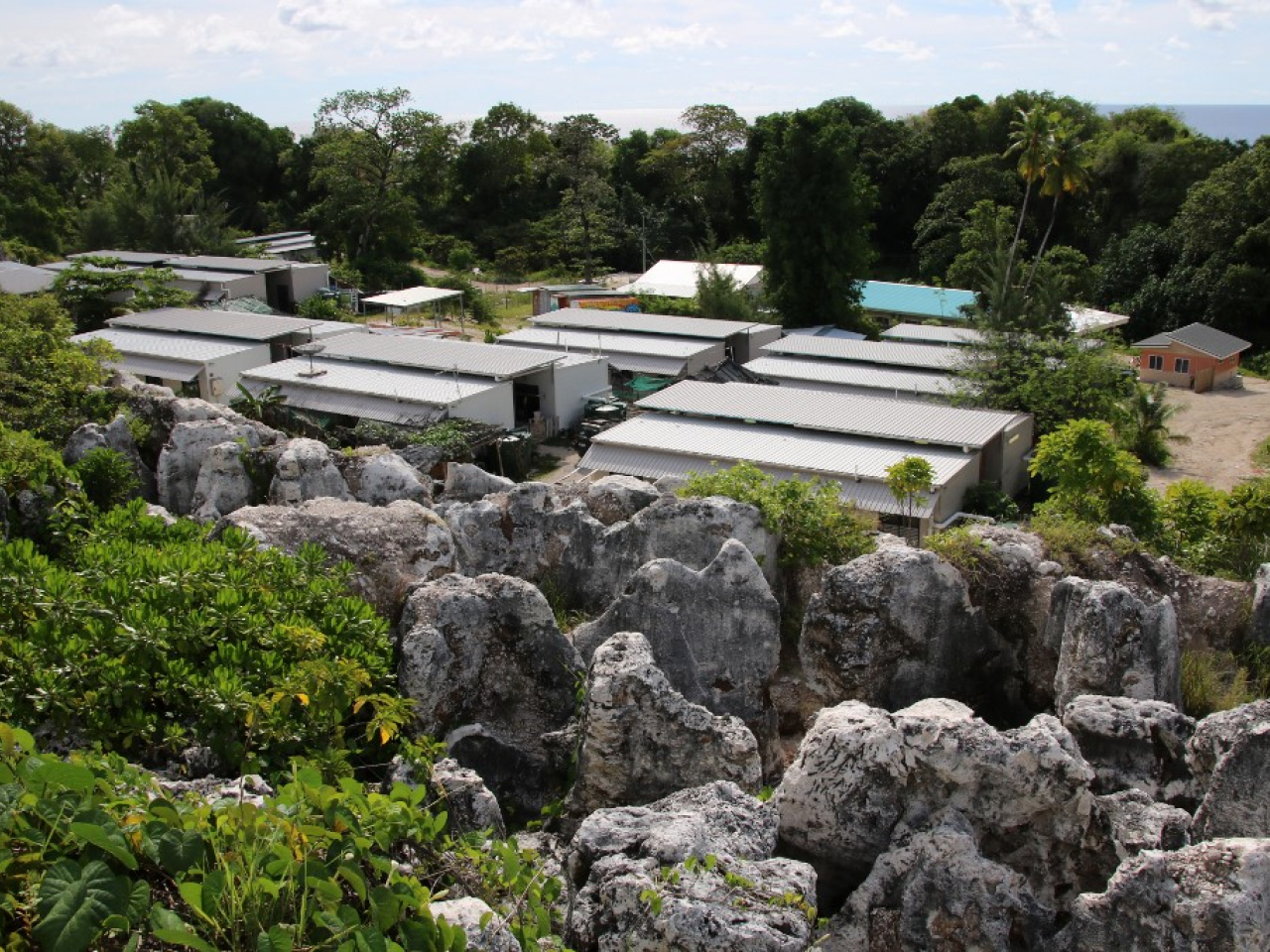Australia has started ferrying immigrants to the barren Pacific nation of Nauru under a contentious deal inked this year, Home Affairs Minister Tony Burke said on Tuesday.
A cohort of around 350 immigrants – many of them convicted of serious crimes including assault, drug smuggling and even murder – could eventually be sent to the low-lying atoll after Australia failed to resettle them elsewhere.
"Nauru confirmed last Friday that the first transfer had occurred," Burke said in a statement.
Burke did not detail how many immigrants had been sent to Nauru.
For years the group languished inside Australia's immigration detention system after their visas were cancelled for violent crimes or because officials held other concerns.
Australia was unable to deport them back home because they faced grave risks such as war or religious persecution.
A landmark High Court ruling in 2023 found it was unlawful for Australia to detain the cohort indefinitely because there was nowhere to send them.
Facing a sharp political backlash as they were released from detention into the community, Australia turned to Pacific neighbour Nauru for help.
Australia will pay Nauru hundreds of millions of dollars to resettle the cohort under the secretive deal, the terms of which have largely been kept under wraps.
Nauru, in return, has agreed to grant them long-term visas and allow them to mix and mingle freely with its 12,500 inhabitants.
Australia has drawn international condemnation for its offshore detention regime, in which asylum seekers have been sent to sometimes squalid "processing" centres in Papua New Guinea and Nauru.
The policy has been gradually scaled back following 14 detainee deaths, multiple suicide attempts and at least six referrals to the International Criminal Court.
Nauru's detention centre still held around 100 people as of January this year, according to UN figures cited by Amnesty International.
Phosphate mining once made Nauru one of the world's richest countries per capita.
But that boon has long dried up, leaving much of the mainland barren and scarred. (AFP)





